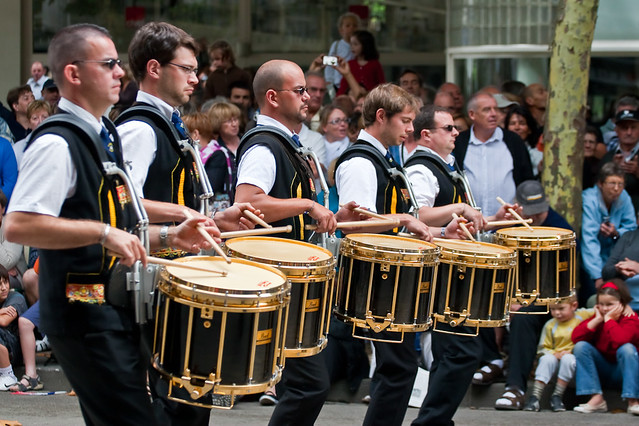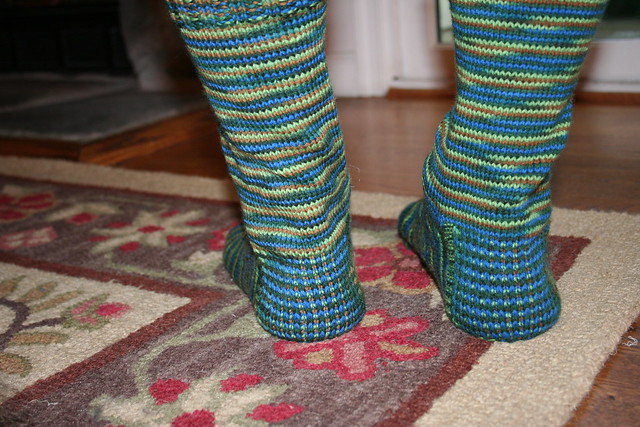Today we’re looking at hooks, crooks and related words in Celtic languages.
| Proto-Celtic | *bakkos = hook, (curved) stick |
|---|---|
| Old Irish (Goídelc) | bacc = angle, bill-hook, corner, hindrance, mattock |
| Irish (Gaeilge) | bac = balk, hindrance, barrier, mattock, bend (in a river), (door) step bacadh = to balk, hindrance bacainn = barrier, obstruction, obstacle, blocking bacainneach = barring, obstructing, blocking bacán = hinge-hook, crook, peg bacánach = crooke, hinged |
| Scottish Gaelic (Gàidhlig) | bac [baxg] = hindering, impeding, obstructing, restraining, restricting, hindrance bacadh = to hinder, impede, obstruct, restain, restrict, ban |
| Manx (Gaelg) | bac = balk, disability, disqualification, drawback, handicap, moratorium, objection, obstacle, pull back, snag, trap |
| Old Welsh | bach = hook, grapple, mattock |
| Middle Welsh (Kymraec) | bach = hook, grapple, mattock |
| Welsh (Cymraeg) | bach [baːχ] = hook, grapple, mattock, hoe, fish hook, shepherd’s crook; hinge, pivot; nook, angle, corner, bend bachiad = a hooking, turning, curving, winding, bending bachog = hooked, barded, grabbing, grasping, greedy bachogrwydd = hookedness, crookedness, incisiveness bachol = hooking, grappling, grabbing, grasping, greedy bachu = to hook, anchor, connect, attach, fasten |
| Middle Cornish (Cernewec) | bah = hook, hinge |
| Cornish (Kernewek) | bagh = hook bagha = to trap |
| Old Breton | bah = hook |
| Middle Breton (Brezonec) | bach, bac’h = hook for uprooting potatoes or seaweed, big hook bac’hig = little fang, hook, staple |
| Breton (Brezhoneg) | bac’h = (fish) hook |
Etymology: from the Proto-Indo-European *bak- (peg, club) [source].
Words from the same PIE root include bachall (crook, crozier) in Irish, bagl (crook, crozier) in Welsh, pail in English, and possibly bok (side, flank, hip) in Czech, Polish and Slovak [source].
Sources: Wiktionary, Am Faclair Beag, Online Manx Dictionary, Teanglann.ie, eDIL – Electronic Dictionary of the Irish Language, In Dúil Bélrai English – Old Irish glossary, Geiriadur Prifysgol Cymru, Gerlyver Kernewek, Dictionaire Favereau, TermOfis, English – ProtoCeltic WordList (PDF), Etymological Dictionary Of Proto Celtic











